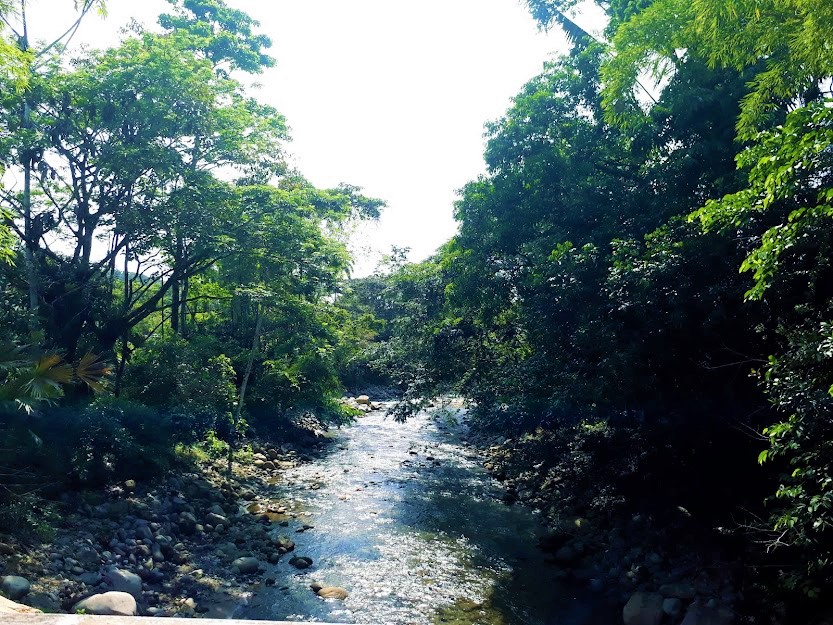Constitutional Court declares the unconstitutionality of the Organic Law of Water Resources
February 2nd, 2022
The Constitutional Court issued judgment number 45-15-IN/22 on January 22, 2022, by which it decided (i) the unconstitutionality of the Organic Law of Water Resources (LORHUAA) and its regulations and (ii) that these remain in force until the approval of new law and regulations. The Ruling has a dissenting vote.
Regarding the pre- legislative consultation of the law:
- The Ruling indicates that “[t]he pre-legislative consultation constitutes a formal requirement prior to the issuance of measures adopted in the exercise of any normative power inasmuch as it constitutes a phase prior to their approval. (ii) On the other hand, pre-legislative consultation constitutes a constitutional right recognized by numeral 17 of article 57 of the CRE [Constitution] and in international instruments such as numeral 1 of article 6 of the Convention169 and article 19 of the United Nations Declaration on the Rights of Indigenous Peoples.”
- The Court indicated that a pre-legislative consultation was carried out prior to theissuance of the Law and specified that the determination of the issues to be consulted was carried out by the National Assembly without any participation of the affected indigenous communities. Therefore, the Court considers that the approval of the Law did not comply with the constitutional and international standards of a pre-legislative consultation, since there was no adequate and differentiated compilation of the results of the consultation.
- The Ruling adds that the Law “is unconstitutional because of the form, since the execution of the pre-legislative consultation did not guarantee its purpose of hearing the opinion of the communes, communities, peoples and indigenous nationalities, to allow them take part in public matters that affect them and because it did not consider culturally appropriate aspects.”
Regarding the pre – legislative consultation of the regulations:
- In the opinion of the Court: “[i]n order to guarantee the right to pre-legislative consultation of the communes, communities, indigenous peoples and nationalities, it makes no difference whether the norm to be consulted constitutes an expression of the general will (law) or of the will of an administrative body (regulation), since the determining factor is whether it has the potential, beyond its nature, to affect the collective rights of indigenous communities. Therefore, if the contested regulation contains normative measures that directly affect indigenous peoples and nationalities, it was appropriate to consult it.”
- In this regard, the Ruling indicates that: “[t]he regulation holds provisions alluding to the same issues that were consulted for the law and there was no pre-legislative consultation prior to its issuance, therefore the regulation is unconstitutional as it contravenes numeral 17 of article 57 of the CRE [Constitution] and numeral 1 of article 6 of Convention 169.”
Judgment effects:
- The Judgment “[s]hall have effects into the future in accordance with article 95 of the LOGJCC. The general rule in matters of constitutional control is that the declaration of unconstitutionality has immediate effects. However, the LOGJCC allows, in certain cases, for the Constitutional Court to defer the effects of its decisions (vacatio sententiae) when the unconstitutionality is likely to produce a regulatory gap that affects the full realization of rights or can cause serious injury.”
- The Court ordered that within 12 months from the publication of the Ruling in the Official Registry, the President must prepare and present a draft law to be sent to the National Assembly for its considerationin accordance with the Constitution “[r]especting the legal precedents and the international standards regarding the pre-legislative consultation”.
- The Court also added that: “[f]or the preparation of the corresponding pre-legislative consultations, the bodies with normative power must apply the standards established in this judgment, in conjunction with what is determined by the Constitution, the law and international instruments, in order to not avoid the mistakes identified in this decision.”
- The Judgment states that if the President, in use of his powers, issues a new regulation to the law, he must carry out a pre-legislative consultation following the criteria set out in the Ruling.





Leave a comment